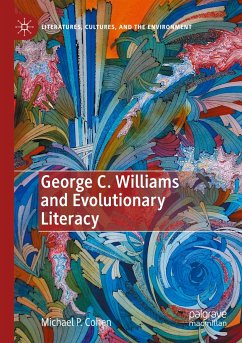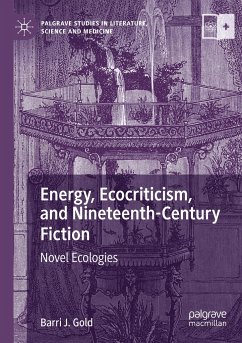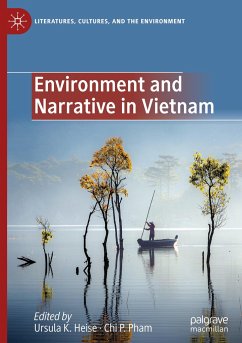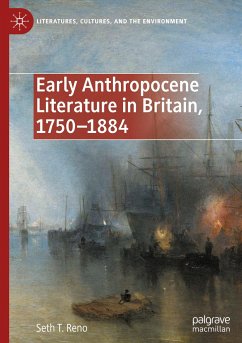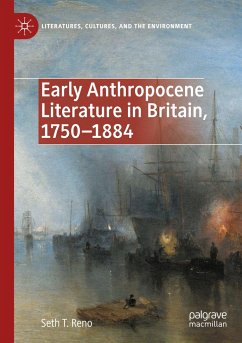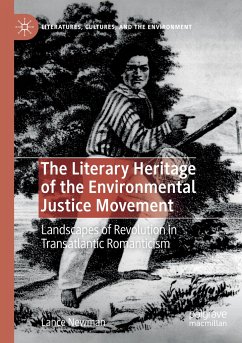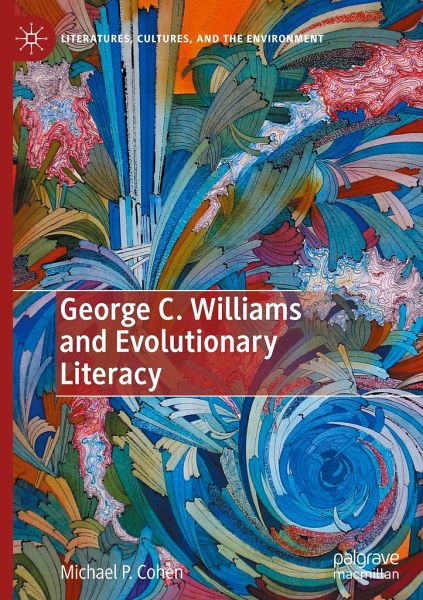
George C. Williams and Evolutionary Literacy
Versandkostenfrei!
Versandfertig in 6-10 Tagen
76,99 €
inkl. MwSt.
Weitere Ausgaben:

PAYBACK Punkte
38 °P sammeln!
In this book, a case study of a humanistic reading of an essential evolutionary theorist, George C. Williams (May 12, 1926-September 8, 2010), the author contends that certain classic works of evolutionary theory and history are the most important nature writing of recent times. What it means to be scientifically literate-is essential for humanistic scholars, who must ground themselves with literary reading of scientific texts. As the most influential American evolutionary theorist of the second half of the twentieth century, Williams masters critique, frames questions about adaptation and nat...
In this book, a case study of a humanistic reading of an essential evolutionary theorist, George C. Williams (May 12, 1926-September 8, 2010), the author contends that certain classic works of evolutionary theory and history are the most important nature writing of recent times. What it means to be scientifically literate-is essential for humanistic scholars, who must ground themselves with literary reading of scientific texts. As the most influential American evolutionary theorist of the second half of the twentieth century, Williams masters critique, frames questions about adaptation and natural selection, and answers in a plain, aphoristic writing style. Williams aims for parsimony-to "recognize adaptation at the level necessitated by the facts and no higher"-through a minimalist writing style. This voice articulates a powerful process that operates at very low levels by blind and selfish chance at the expense of its designed products, using purely trial and error.



